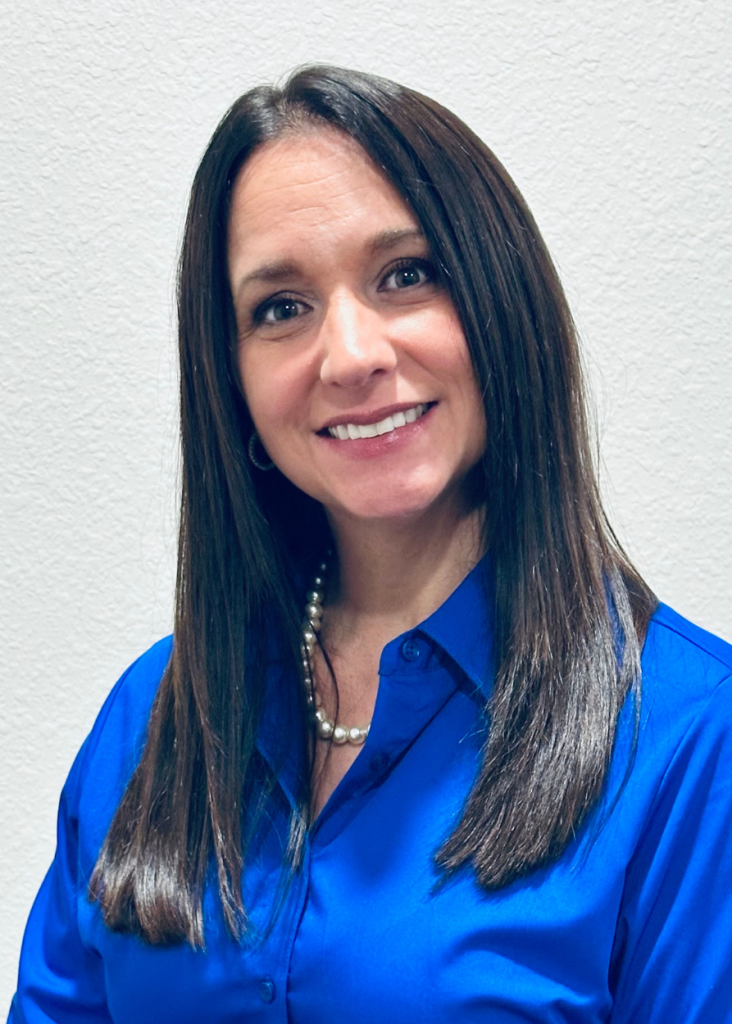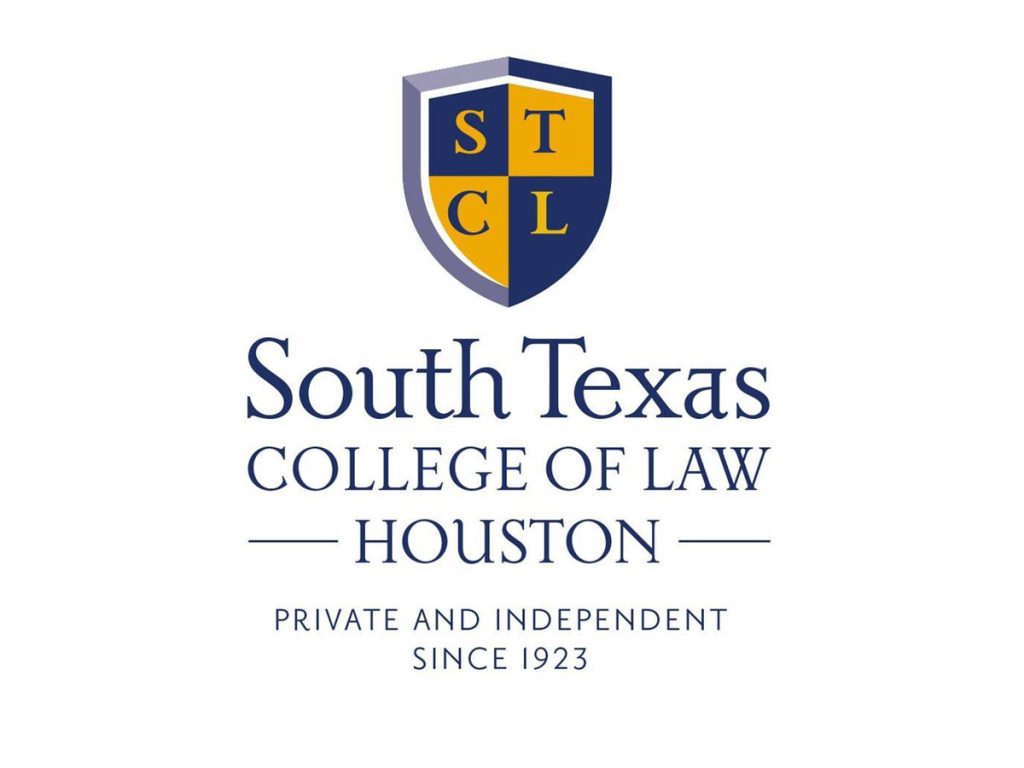 Ashley Cromika’s interest in finding justice for 110 Black U.S. Army soldiers involved in the 1917 Houston riots started when she enrolled in South Texas College of Law Houston’s Actual Innocence Clinic in fall 2020.
Ashley Cromika’s interest in finding justice for 110 Black U.S. Army soldiers involved in the 1917 Houston riots started when she enrolled in South Texas College of Law Houston’s Actual Innocence Clinic in fall 2020.
The course was taught by South Texas Law Vice President, Associate Dean, and Professor of Law Catherine Greene Burnett.
“Dean Burnett assigned each of us different soldiers to research — that was the start,” said Cromika, who graduated with her J.D. in May 2021 and is now an attorney at the Houston firm Garate & Associates. “The more I studied their stories, the more intensely interested I became in finding justice for these men. I realized we might actually be able to do something, even if more than 100 years after the fact.”
Because the world was in pandemic lock-down at the time of her research, Cromika opened a research account with the National Archives and filled many notebooks with research about the soldiers, the trials, letters to family, background about racism at that time in the U.S., and more.
“I asked so many questions and requested so many documents, I think my connection at the National Archives might have been happy when I wrapped up my research,” Cromika said.
Dean Burnett said dozens of students were involved in researching the Camp Logan soldiers over two years when enrolled in Actual Innocence Clinic courses.
The students’ research, along with work by Dean Burnett and Prof. Dru Brenner-Beck, was the backbone of petitions submitted in October 2020 and December 2021 by South Texas College of Law Houston to the U.S. Army, urging the Army to review the courts-martial convicting the soldiers of the 3rd Battalion, 24th Infantry Regiment (also known as the Buffalo Soldiers).
Cromika created a heavily documented PowerPoint presentation so informative it was included in the addendum of the petition sent to the U.S. Army.
For historical context, the Houston riots occurred Aug. 23, 1917, following months of racial provocations against members of the 24th — including the violent arrest and assault of two Black soldiers. Following the assaults, and amid rumors of additional threats to soldiers, a group of more than 100 Black soldiers seized weapons and marched into the city, where clashes erupted. The violence left 19 people dead.
In the months that followed, the Army convicted 110 Soldiers in a process that was characterized by numerous and substantial irregularities — including that the individual representing the accused soldiers was not a licensed attorney. Thirteen of the convicted men were immediately executed in the largest mass execution of American soldiers by the U.S. Army; six more were executed in the following weeks.
The powerful petition research by South Texas Law students and submitted by the law school led to further investigations — and this month — resulted in the Secretary of the Army Christine Wormuth approving the recommendation of the Army Board for Correction of Military Records to set aside all the courts-martial convictions.
The records of each soldier will be corrected to indicate each received an honorable discharge, and survivor benefits will be afforded to their descendants.
During the Nov. 13 ceremony restoring these soldiers to honor, South Texas College of Law Houston was credited for the important role it played in helping achieve this historic and groundbreaking result. Law students, including Cromika, were critical to the petition’s success.
“I am very proud South Texas played such a significant part in helping to correct this terrible wrong,” said South Texas Law President and Dean Michael F. Barry. “Former South Texas Professors Geoffrey Corn and Dru Brenner-Beck — with the support of Dean Burnett and numerous students (now alumni) — dedicated themselves to this fight for justice.”
Cromika said, “Much of my research was heartbreaking. This is something so near and dear to me; it’s hard to talk about it without crying. Some of the soldiers wrote letters to their families that didn’t arrive until after their son had been executed. We wanted to do anything we could to help all those men get justice — and we succeeded. I am proud I got to be part of it.”


